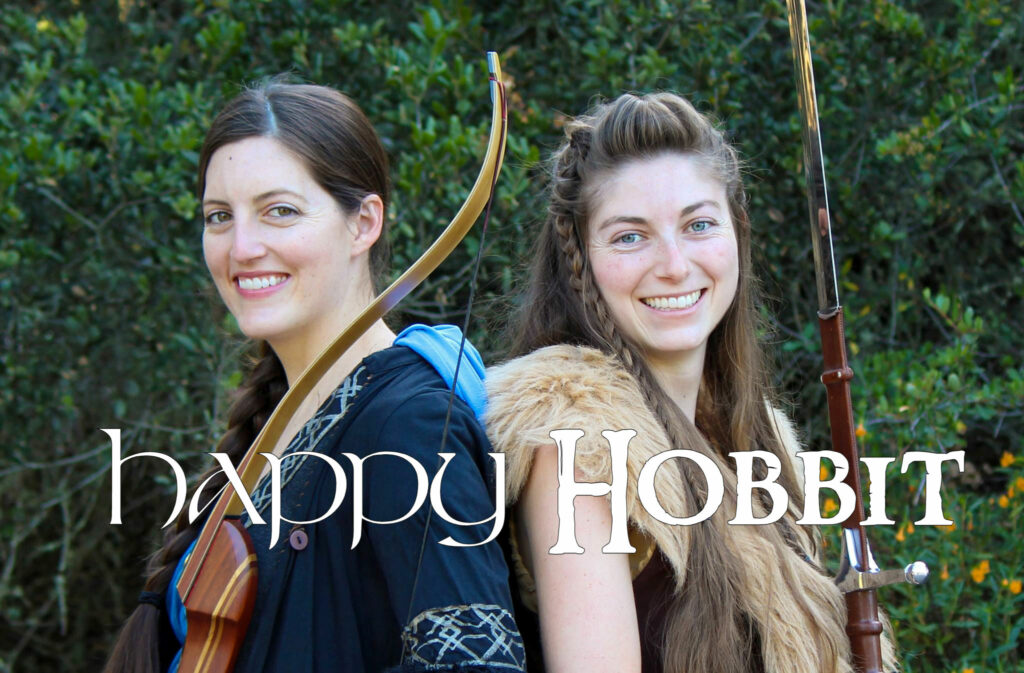Note: The following is an opinion piece written by volunteer staff member Kellie, also known as “Kili” from the YouTube series Happy Hobbit.
In an effort to clear up some misconceptions, I want to tell you my story.
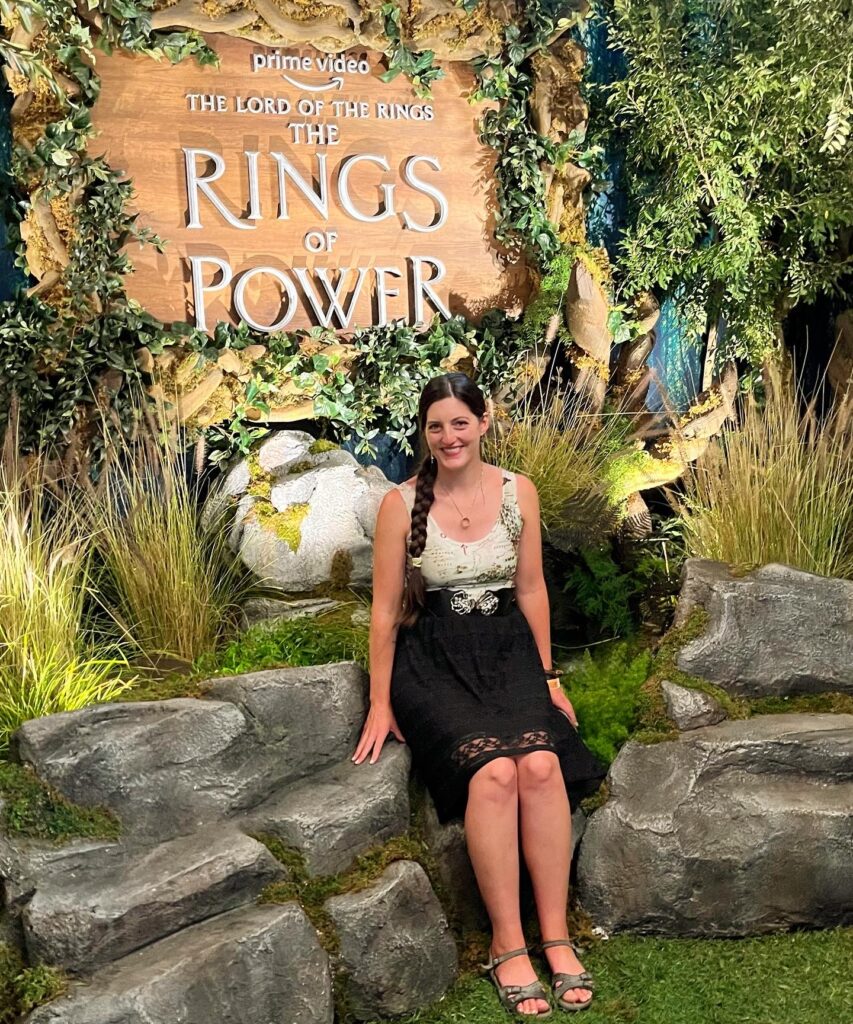
On February 13th, I was invited to participate in a livestream hosted by both TheOneRing.net and Amazon Prime Video to watch and analyze the very first teaser trailer for Amazon’s new series, The Lord of the Rings: The Rings of Power. It was my sister’s birthday, so while I was excited for the end of the “Middle-earth dearth,” I only committed to participating for an hour, and I was relieved I had an excuse to slip away after said time, for the initial teaser trailer failed to impress. In fact, it was even worse; it left me confused, worried, and underwhelmed. The visuals were dazzling, but I felt no connection to the imagery on the screen. I was far from alone.
Like many, I feared Amazon was producing the most expensive TV show in history (allegedly around 1 billion) because they saw Tolkien’s work as a cash cow and were going to milk it for all they could.
I am a fiction author (under my pen name K.M. Rice) and a screenwriter with a Master of Fine Arts, so workshopping creative material is second nature, as is finding ways to express what is not working in an articulate manner. “I am not getting the mythic tone I look for in Tolkien,” I remember saying (which is a paraphrase).
A few months later in May, I was invited by Prime Video to a special press event in London, England, as the representative for my sister and my webshow, Happy Hobbit (which strives to bring a dose of Middle-earth to our viewers’ daily lives), and as the co-author of Middle-earth from Script to Screen: Building the World of the Lord of the Rings and The Hobbit, which I helped write with Daniel Falconer at Weta Workshop in New Zealand. My fellow Tolkien content creators and I, along with traditional press, were taken on a field trip to Oxford University where we had the pleasure of wandering Tolkien’s old stomping grounds both as a student and as a professor. You can check out what we did and saw by watching the video here.
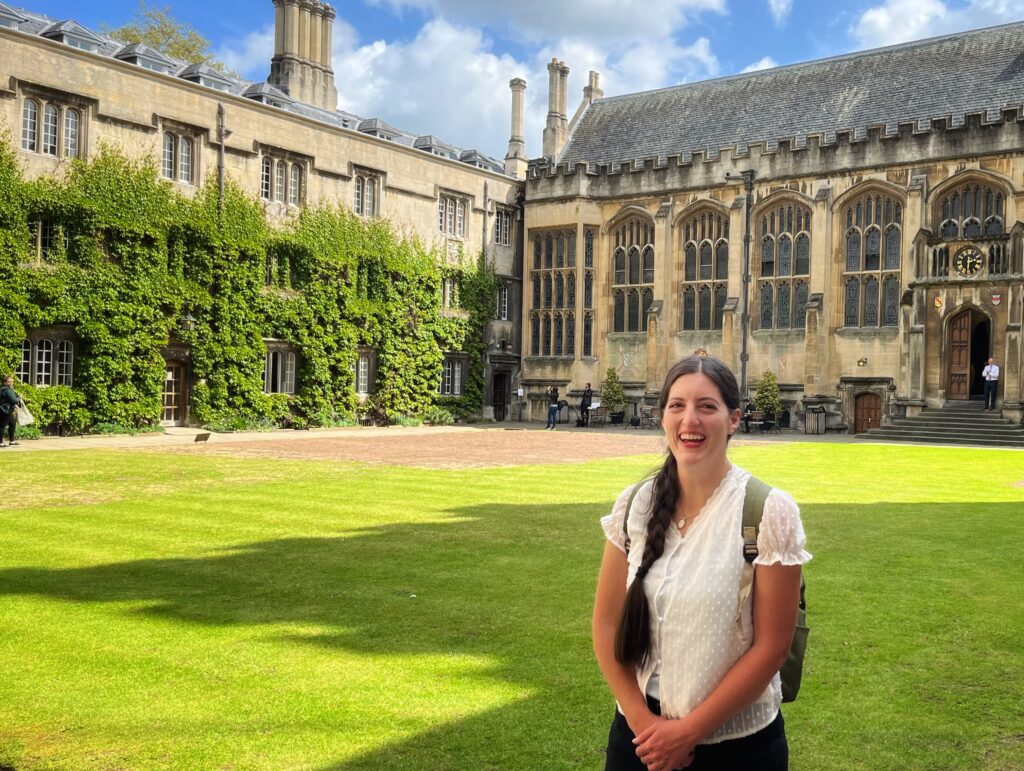
The following day, we were treated to footage and costumes from Rings of Power (ROP) and a Q&A with the showrunners, John Howe (concept artist), Leith McPherson (dialect coach), and Ramsey Avery (production designer), along with the showrunners J.D. Payne and Patrick McKay, and producer Lindsey Weber.
I once more was not impressed with the footage I saw, for while there was nothing wrong with it, there was no context. I had no idea what had just happened before the scene we were shown, where in the story it fell, and in fact, what the story was at all. It looked and sounded lovely, but there was no beating heart. My own heart sank as I realized I was going to have to just accept that this show wasn’t going to fulfill my expectations.
Once the showrunners spoke, however, I was left with the juxtaposition of hearing from two people intensely passionate about Tolkien (to the point that they opened every day of shooting with a Tolkien quote and discussion) and the marketing that didn’t convey that love and respect.
What I saw in London didn’t raise my excitement level, but hearing from the showrunners and knowing that such a capable team was producing the series did leave me with a sense of cautious optimism.
To reiterate, none of us Tolkien content creators have seen the show. We were not paid or bribed in any way, but rather have been treated as “Tolkien press.” We have no idea if ROP will be good, bad, or somewhere in between. Our opinions are our own, as they should be, and this is just my story.
While attending San Diego Comic-Con International at the end of July to speak on one of TheOneRing.net’s two panels, Prime Video invited me to a luncheon with many of the cast members from ROP. Before sitting down to eat, we were treated to viewing the first official trailer, which finally had some heart and showed a hint of the plot. I am no Tolkien lore expert, but many in the room with me were. They could name things on screen that I couldn’t, nevertheless, I felt excited. In fact, I shed a few tears and I don’t cry easily, especially in public. But being in that room and feeling so much unbridled excitement and joy was deeply moving, especially after having missed that human connection and communitas for so long during the pandemic. When we came out to meet the cast after, I felt a level of energy and anticipation that many of us had not yet felt over the show.
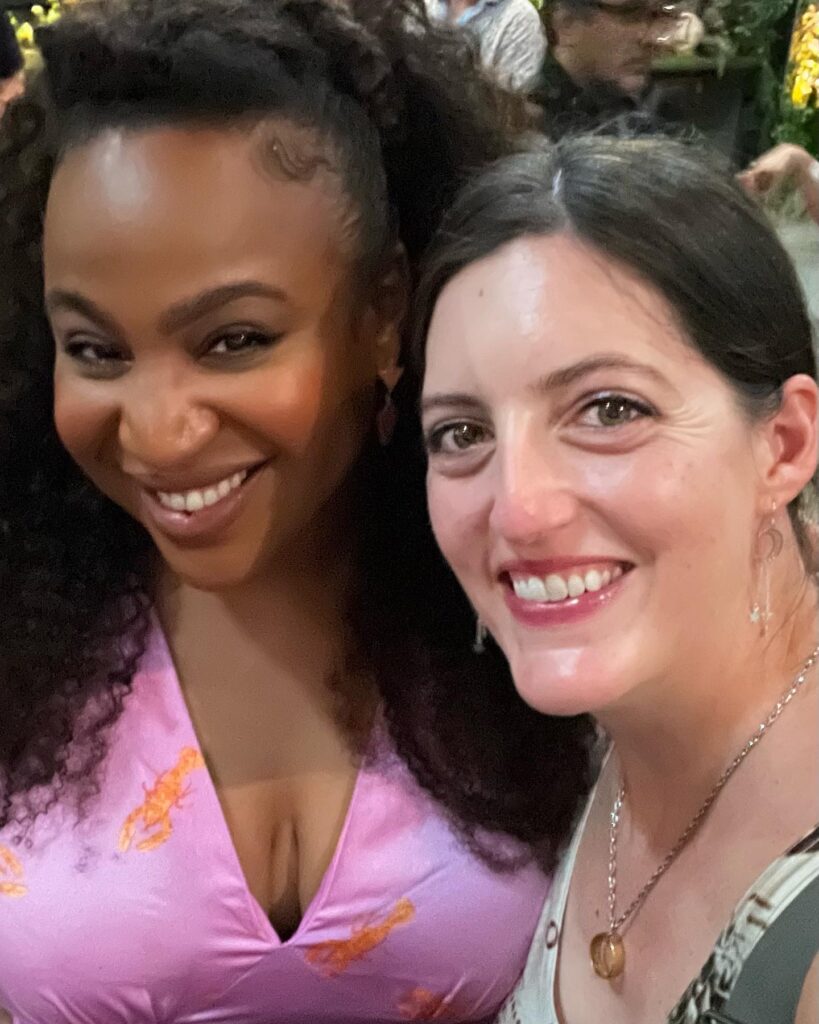
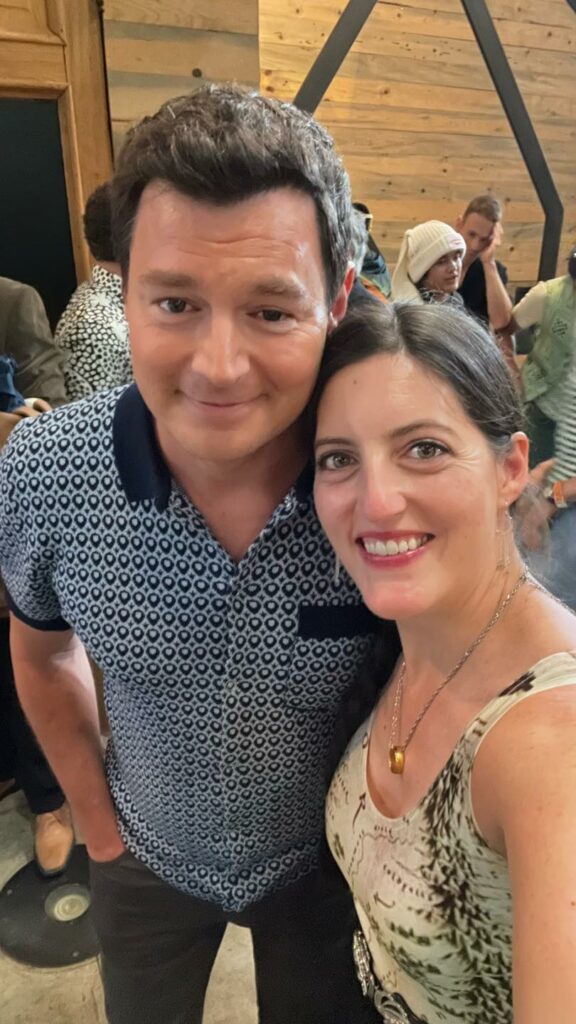
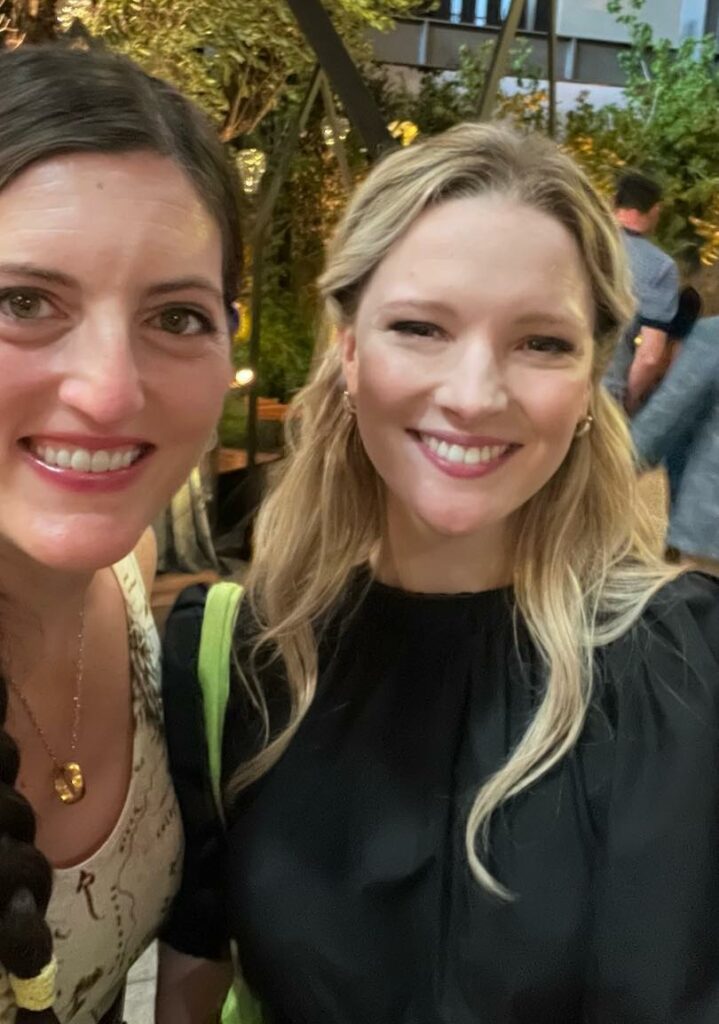
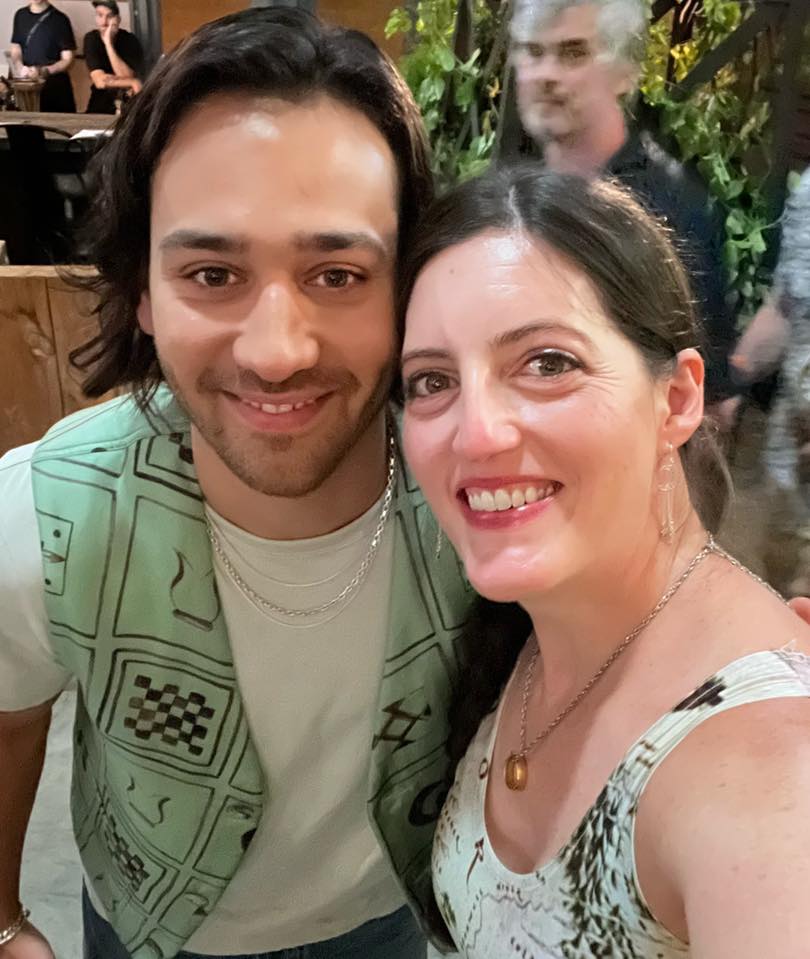
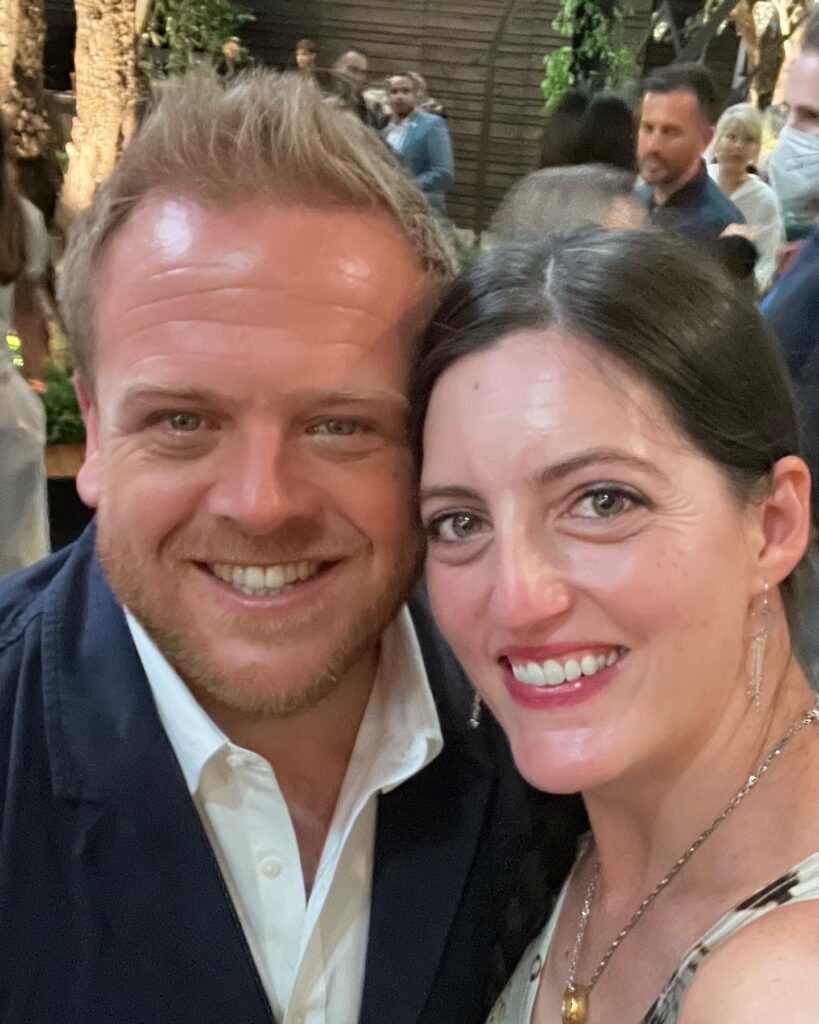
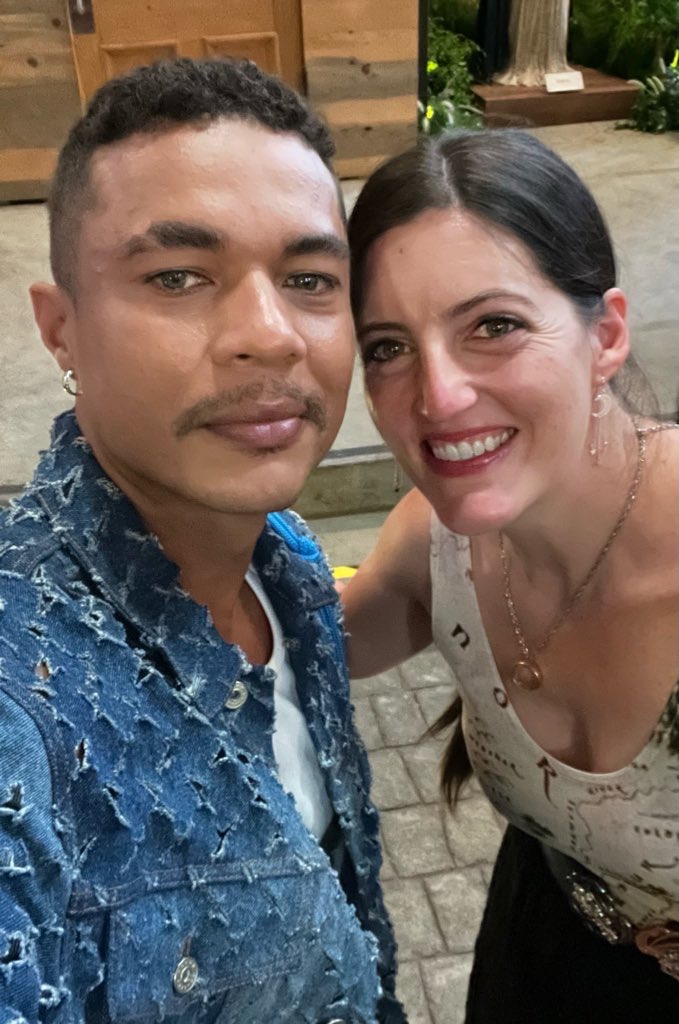
Everyone we met at the lunch was incredibly kind, down-to-earth, and passionate about Tolkien and storytelling. No one had an ego that prevented them from addressing gritty topics with strangers they had just met, and several of our conversations grew deep quickly. I later had an opportunity to converse with Patrick McKay, one of the two showrunners, who shared that they were given complete creative freedom. As such, whether the show does well or poorly, he feels he and his fellow showrunner are to blame. Talk about accountability!
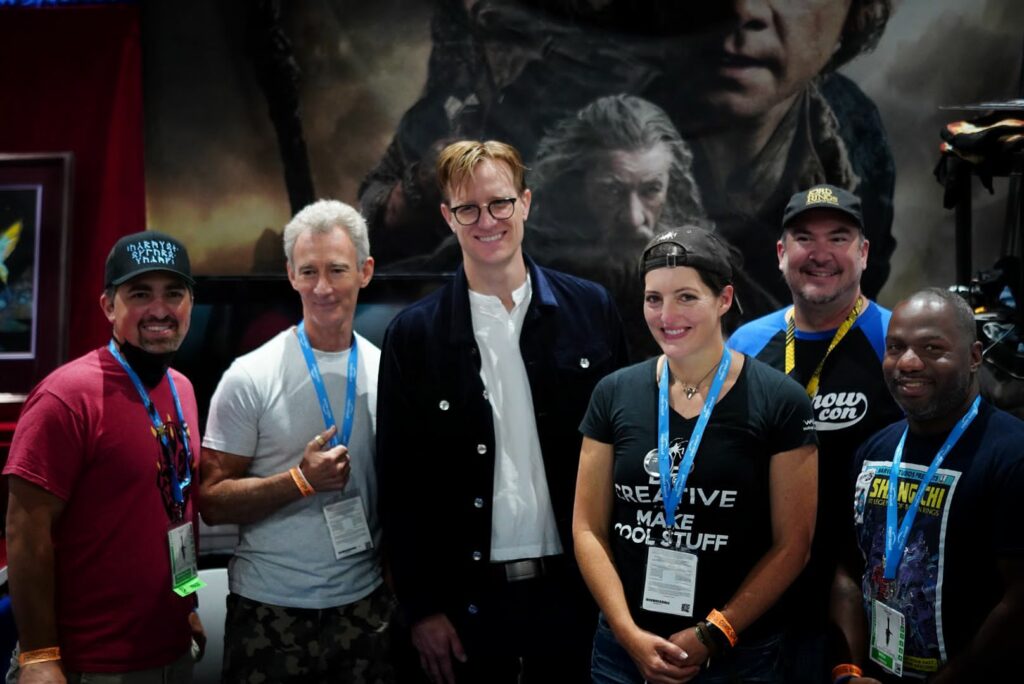
I have a healthy skepticism about Amazon and most major corporations. I am not here to defend a company or TV show that I have yet to see, but I am here to share what I have learned:
- Amazon never approached the Tolkien Estate to ask for the rights to make the show. Rather, the Tolkien Estate approached both Amazon and Netflix (and possibly other streaming platforms, as well), asking them if they would be interested. Amazon was.
- Christopher Tolkien (the Professor’s son) was in charge of the Estate at the time the deal was made in 2017. He passed away three years later in 2020 after production on the show had already begun, and the directorship was passed on to his son, Simon Tolkien.
- What’s more, the production invited Simon Tolkien, the grandson of the late Professor who has a love of cinematic storytelling and is the current director of the Estate, to be involved. For context, no other production has ever given the Tolkien Estate a seat at the table.
- Amazon, as a corporation, is also not strapped for cash, which means they could invest whatever was needed to bring the vision of the Second Age to life.
- Jeff Bezos is a big Tolkien fan.
One thing that limited them was the rights. They could not touch The Silmarillion or The Unfinished Tales. The rights are only for The Hobbit and The Lord of the Rings. As such, the inclination is naturally to turn to the appendices of Return of the King, but even that is a gray area.
If a plotline smelled too much like it was getting into Silmarillion territory, the Estate didn’t permit it in a script. The production was then pushed into the difficult situation of having to originate their own material.
Knowing this, engage with me in a thought experiment for a moment:
Imagine you, as a Tolkien fan, just heard that this up-and-coming film studio out of New Zealand, the UK, or Colorado received a billion dollars to produce a Tolkien TV show set in the second age using partially original material and that to do so, they not only brought the Tolkien Estate on board, but hired showrunners, writers, and a cast that cared deeply for the source material to ensure fidelity. That sounds pretty exciting, doesn’t it?
In many ways, Amazon is fighting against the public image of its own brand. Remove the name “Amazon” from the equation and suddenly many are more forgiving. I know I am. That so many of us have knee-jerk reactions to corporations’ names is worth noting, but the subject of a different conversation.

It all comes down to trust, and anyone who wants to involve our fandom needs to earn it. Some of us are more open than others. Some of us love the Peter Jackson films, while others didn’t enjoy them at all. But remember this: no one is touching the books. They will always be there. Tolkien’s texts are sacred for many, and no one is here to dispute that. But a book is a book. A film is a film. A TV show is TV show. None of these forms of storytelling are the same. And the existence of one does not threaten the other. If anything, they can be a boon. I would never have read Tolkien if not for Jackson’s Lord of the Rings films.
No artist considers their art “finished.” There is always room to expand and change as the artist grows and ages as a person. Tolkien himself was a revisionist to the point that his heirs have gone to a great deal of trouble trying to decide which version of a story or piece of Arda’s history should be seen as “canon.” His Middle-earth writing often also contradicted itself. Importantly, he intentionally left bits open to interpretation.
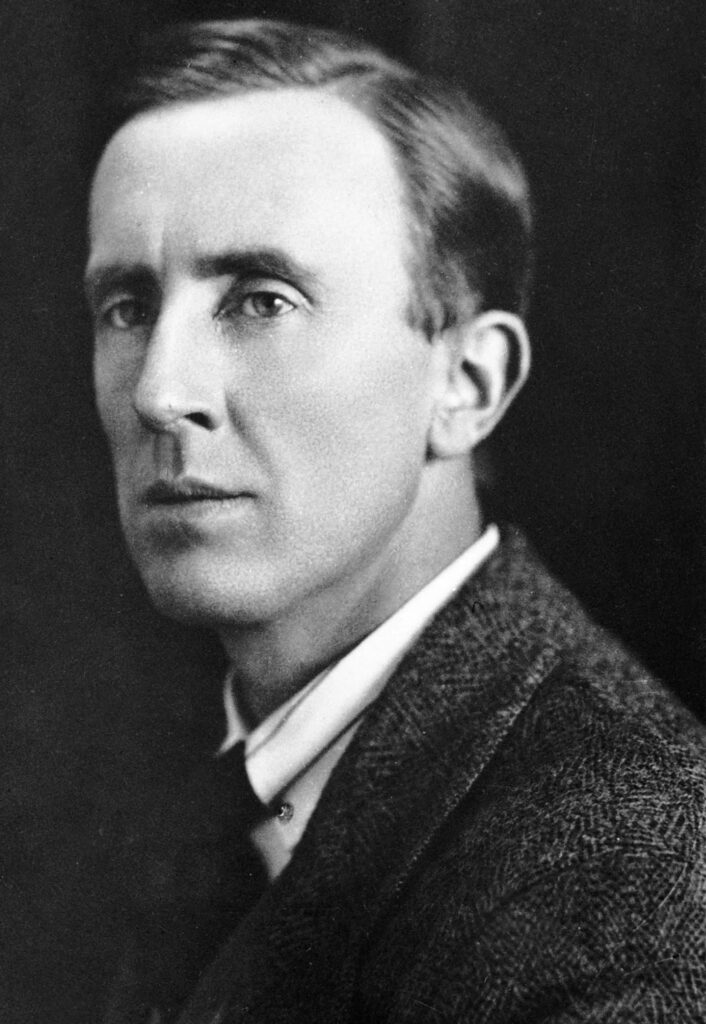
When writing to publisher Wilton Waldman in 1951 about the scope of his literary aspirations to create a body of “more or less connected legend,” Tolkien shared:
I would draw some of the great tales in fullness, and leave many only placed in the scheme, and sketched. The cycles should be linked to a majestic whole, and yet leave scope for other minds and hands, wielding paint and music and drama.
J.R.R. Tolkien, 1951
The Professor’s dream has been fulfilled. His work has inspired artists of all genres and arguably established the Fantasy genre of literature.
Not only are other minds and hands interpreting his work, but adapting it and expanding upon it, thus fleshing out the ideas he left merely “sketched.” Tolkien did not want his life’s work to fade. He wanted it to live and breathe with the generations, even if that meant it arrived with a new twinkle or twist every now and again to suit the era, just as myths have done since the dawn of the human experience.
We have been through some trying times of late. A global pandemic, economic hardship, war, and loss, to say nothing of our more personal struggles. We look to tales like those told by Tolkien to make some sense of it all. I long to return to Middle-earth: a place where, even in the darkest of times, there is still a star shining. Love, hope, courage, and a love of the simple pleasures in life prevail in some form, as does the deep goodness that ties us all together. We don’t all have to agree and entertainment is highly subjective at the best of times, but even the most butchered adaptations cannot shake how at home I feel in the aged pages of my books, nor should they.
We all walk different roads on this Middle-earth, and in times of stress, it is easy to begrudge others their happiness. But life is short, opportunities are rare, and I for one am excited to revisit Tolkien’s world on screen.
Optimism is a choice, a more difficult one than pessimism, and I am choosing to go forth on this journey with an open heart and welcome any and all joy along the way. The same choice is also yours.
